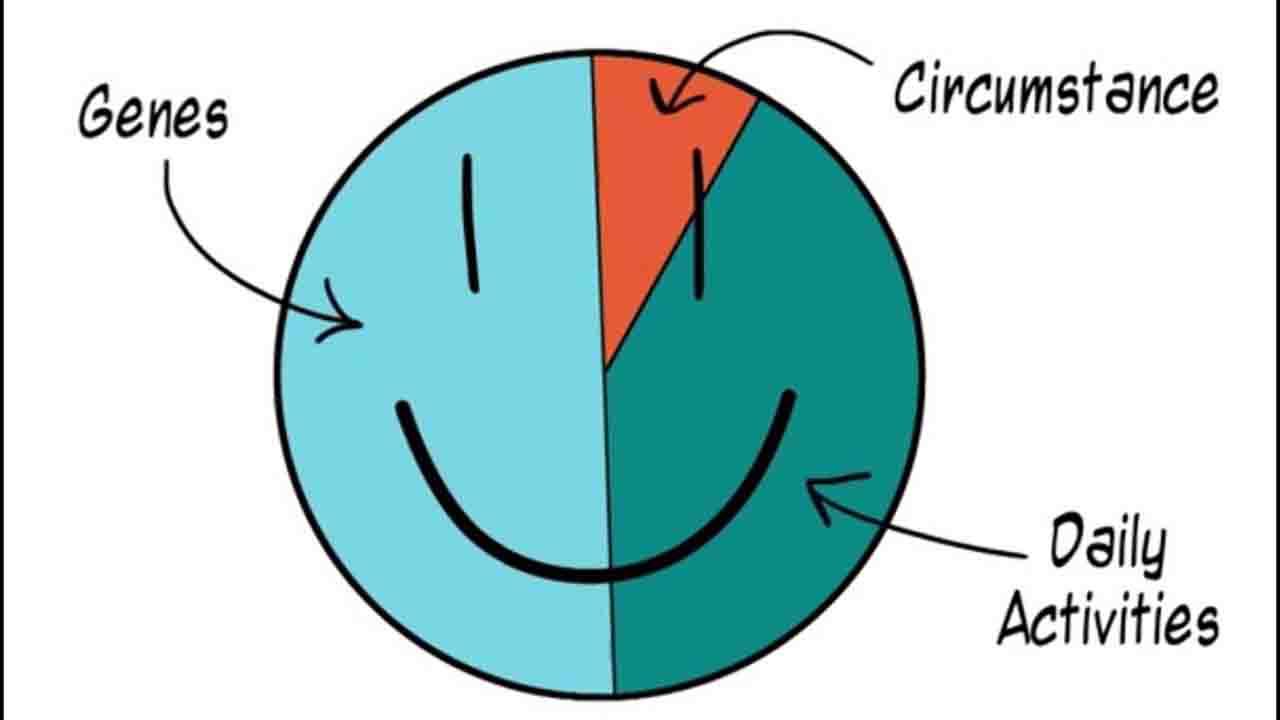The science of happiness, also known as positive psychology, is an interdisciplinary field that seeks to understand and uncover the factors that contribute to human happiness and well-being. It emerged as a response to the traditional focus of psychology on diagnosing and treating mental illnesses, shifting attention to the positive aspects of human experience and the promotion of flourishing lives.
Unlike traditional psychology, which primarily aimed to alleviate suffering and pathology, the science of happiness focuses on understanding the underlying mechanisms that lead to happiness, fulfillment, and optimal functioning. It draws on research from psychology, neuroscience, sociology, economics, and other disciplines to provide evidence-based insights and practical strategies for individuals to enhance their well-being and lead more satisfying lives.
At the core of the science of happiness is the concept of subjective well-being, which encompasses an individual’s overall evaluation of life satisfaction, positive emotions, and a sense of purpose or meaning. Researchers have developed various measures and scales to assess subjective well-being, allowing for quantitative analysis and comparisons across individuals and cultures.
The field investigates a wide range of factors that influence happiness, including positive emotions, relationships, mindfulness, flow experiences, meaning and purpose, resilience, and genetics. By studying these factors, researchers aim to identify the conditions, behaviors, and mindsets that contribute to sustained happiness and well-being.
Positive emotions play a crucial role in the science of happiness. Studies have shown that experiencing positive emotions such as joy, gratitude, and contentment not only contributes to immediate happiness but also has long-term benefits for overall well-being. Positive emotions broaden our thinking, enhance our creativity, strengthen social bonds, and promote physical and mental health.
Relationships and social connections are another important area of study in the science of happiness. Strong and supportive relationships with family, friends, and the community have been consistently linked to greater happiness and life satisfaction. Social connections provide emotional support, a sense of belonging, and opportunities for positive interactions, all of which contribute to well-being.
Mindfulness, the practice of being fully present and aware of the present moment, has gained significant attention in the science of happiness. Research has shown that cultivating mindfulness can reduce stress, enhance self-awareness, and promote overall well-being. By bringing attention to the present moment and letting go of worries and distractions, mindfulness allows individuals to savor positive experiences and cope effectively with challenges.
Flow, a state of complete immersion and enjoyment in an activity, is another area of focus in the science of happiness. Flow experiences occur when individuals are fully absorbed in a task that challenges their skills, leading to a sense of timelessness and heightened enjoyment. Engaging in activities that elicit flow can promote happiness, personal growth, and a sense of accomplishment.
Finding meaning and purpose in life is also a central aspect of the science of happiness. Research has shown that having a sense of purpose, aligning one’s actions with personal values, and engaging in activities that contribute to something greater than oneself are associated with greater well-being. Living a purpose-driven life can provide a sense of direction, fulfillment, and a deeper sense of satisfaction.
Resilience, the ability to adapt and bounce back from adversity, is another critical factor explored in the science of happiness. Developing resilience involves cultivating optimism, self-compassion, and adaptive coping mechanisms. By building resilience, individuals can better navigate challenges and setbacks while maintaining their well-being and overall happiness.
Genetics and individual differences also play a role in the science of happiness, although they are not the sole determinants. While some individuals may have a genetic predisposition to experience higher or lower levels of happiness, research suggests that intentional actions, behaviors, and mindset can significantly influence happiness levels. This emphasizes the potential for personal growth and happiness enhancement, irrespective of genetic factors.
In conclusion, the science of happiness seeks to uncover the secrets to a fulfilling life by examining the factors that contribute to human happiness and well-being. Through empirical research and interdisciplinary inquiry, it provides evidence-based insights and practical strategies for individuals to cultivate happiness, foster positive emotions, build meaningful relationships, practice mindfulness, engage in flow experiences, find purpose, develop resilience, and lead more satisfying lives. By understanding the science of happiness, individuals can embark on a journey of self-discovery and intentional actions to enhance their well-being and overall quality of life.








